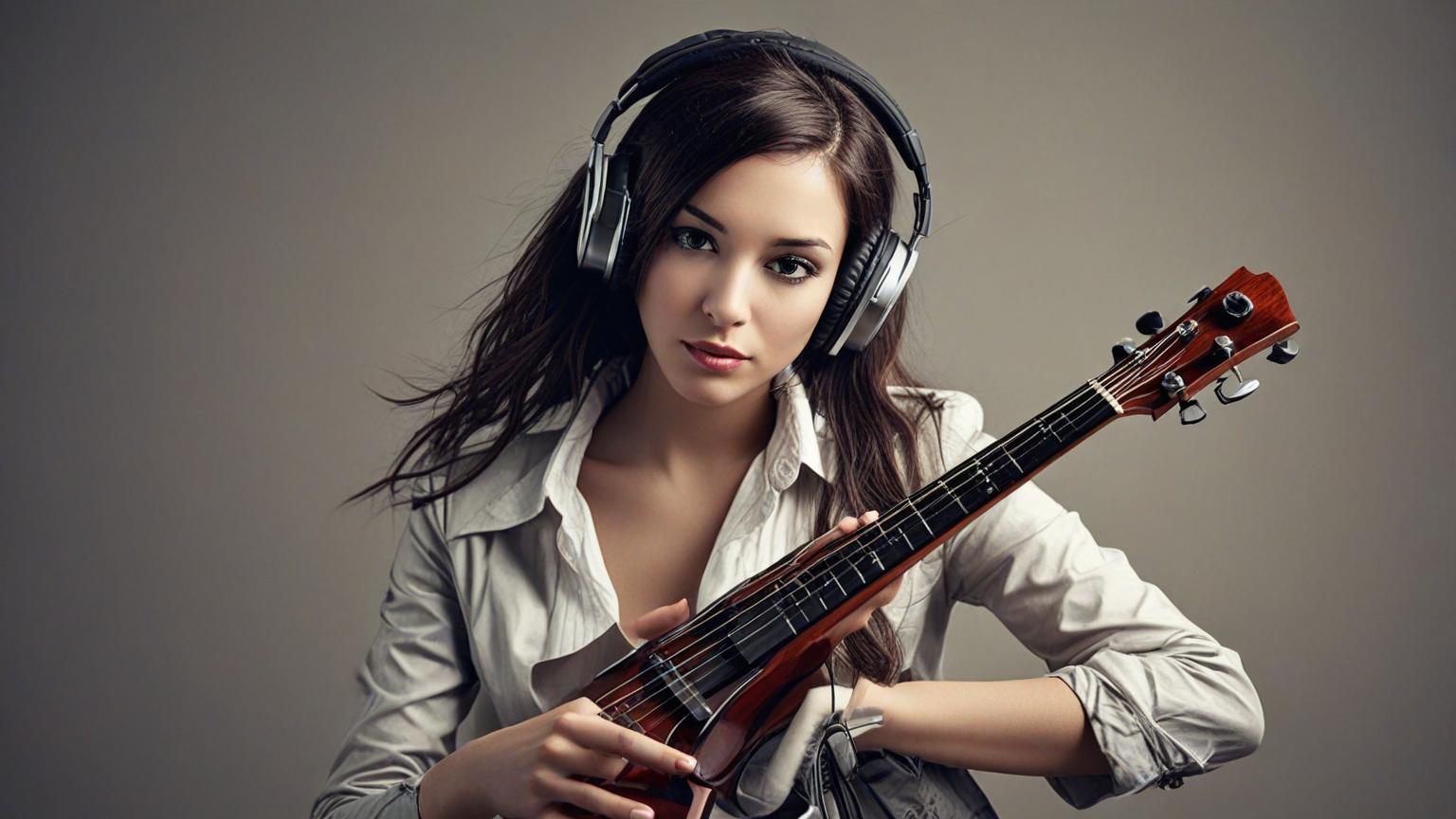As the digital world continues to expand its horizons, artificial intelligence (AI) has gradually seeped into the nooks and crannies of the music industry. While we’ve all got accustomed to Spotify’s algorithms suggesting songs for every mood or occasion, AI’s role in music creation and production is stirring a debate that's caught the attention of both artists and tech enthusiasts worldwide.
On one side, AI in music is heralded as a groundbreaking tool — a new wave of creativity that can churn out compositions faster than a human might, freeing artists to focus on other important elements like lyrics and performance. Artists can harness AI-generated compositions to overcome creative blocks or even collaborate with AI as another 'band member', which is actually less science fiction and more present day than one might think. Musical AI applications like OpenAI's Jukedeck or Sony’s Flow Machines provide artists with tracks that can inspire or complement their creations.
On the flip side, however, concerns are mounting over what AI could mean for original human artistry and the potential devaluation of musicianship. It's not just amateur or professional musicians that feel threatened; songwriters are weighing the industry shift skeptically, questioning how AI compositions could impact copyright laws and royalties that have already been a bone of contention even before AI entered the sphere. What happens when an AI-generated tune becomes a chartbuster? Who gets the paycheck and who benefits from an AI-generated hit song?
The AI music frontier is also triggering introspections about musical values and authenticity. Questions about how AI compositions might affect the emotional core of music are now being discussed across forums. After all, isn't music supposed to be an expression of human emotions, reflective of experiences, traditions, and stories deeply embedded in cultural contexts? AI lacks emotional depth by its fundamental nature, leading critics to wonder if AI music could ever genuinely resonate on a level akin to music created through human toil and emotion.
Adding to the mix is the ethical consideration around AI’s influence on music jobs. With AI potentially doing the grunt work in production or even crafting entire soundtracks, fewer human hands will be needed in studios. This could spell either opportunity or disaster depending on your role in the music industry pipeline.
Industry experts are keeping a keen eye on the rapid development of AI in music. Record labels and tech companies are racing to patent AI music applications, while legal eagles attempt to navigate the labyrinthine copyright conundrums provoked by AI's ability to simulate artistic processes. The U.S. Copyright Office, along with international counterparts, acknowledges that AI’s involvement in the creation process presents novel challenges that existing frameworks are ill-prepared to address.
In parallel, grassroot movements are budding with musicians who pursue a hybrid creative path, integrating AI in live performances or studio sessions, capitalizing on its benefits while maintaining a vigilant lookout for any pitfalls it may present. Innovators like Holly Herndon, who invites machines into her creative processes, demonstrate a redefined musician’s toolkit for the modern era. Her approach, a blend of AI-assisted compositions with human narrative and emotions, gives a glimpse into what the future of music-making might resemble.
As these discussions unfold, the role AI will play in the music world remains noteworthy and contentious. Whether ushering in a music renaissance or becoming a musician’s bane, the cumulative choices of artists, listeners, engineers, and policymakers in the coming years will ultimately shape the landscape of algorithmic soundscapes.
At this intersection of technology and creativity, the music industry stands on the brink of transformation. The dialogue surrounding AI and music creation brings forth important questions, ones that need to be pondered not only by those within the industry but by society at large. As AI continues its relentless march into yet another deeply human form of expression, it remains to be seen if music will become more enriched by this digital collaboration, or mere echoes of its former self.
Unraveling the curious case of AI-generated music: friend or foe to artists?

